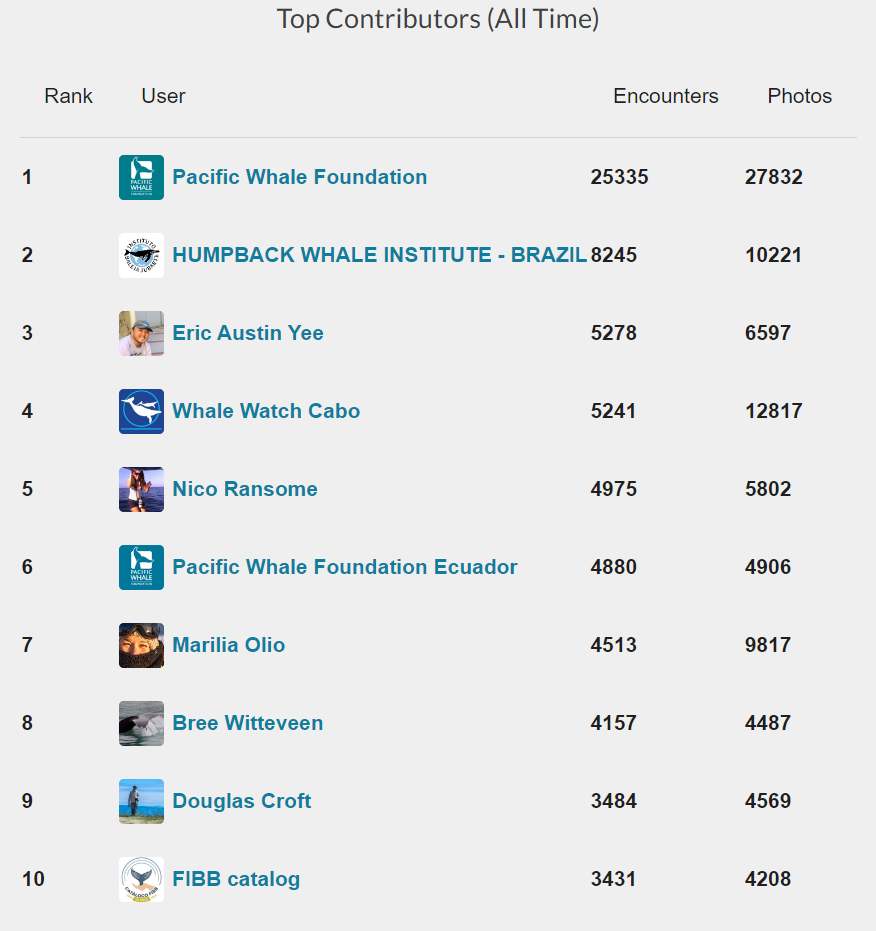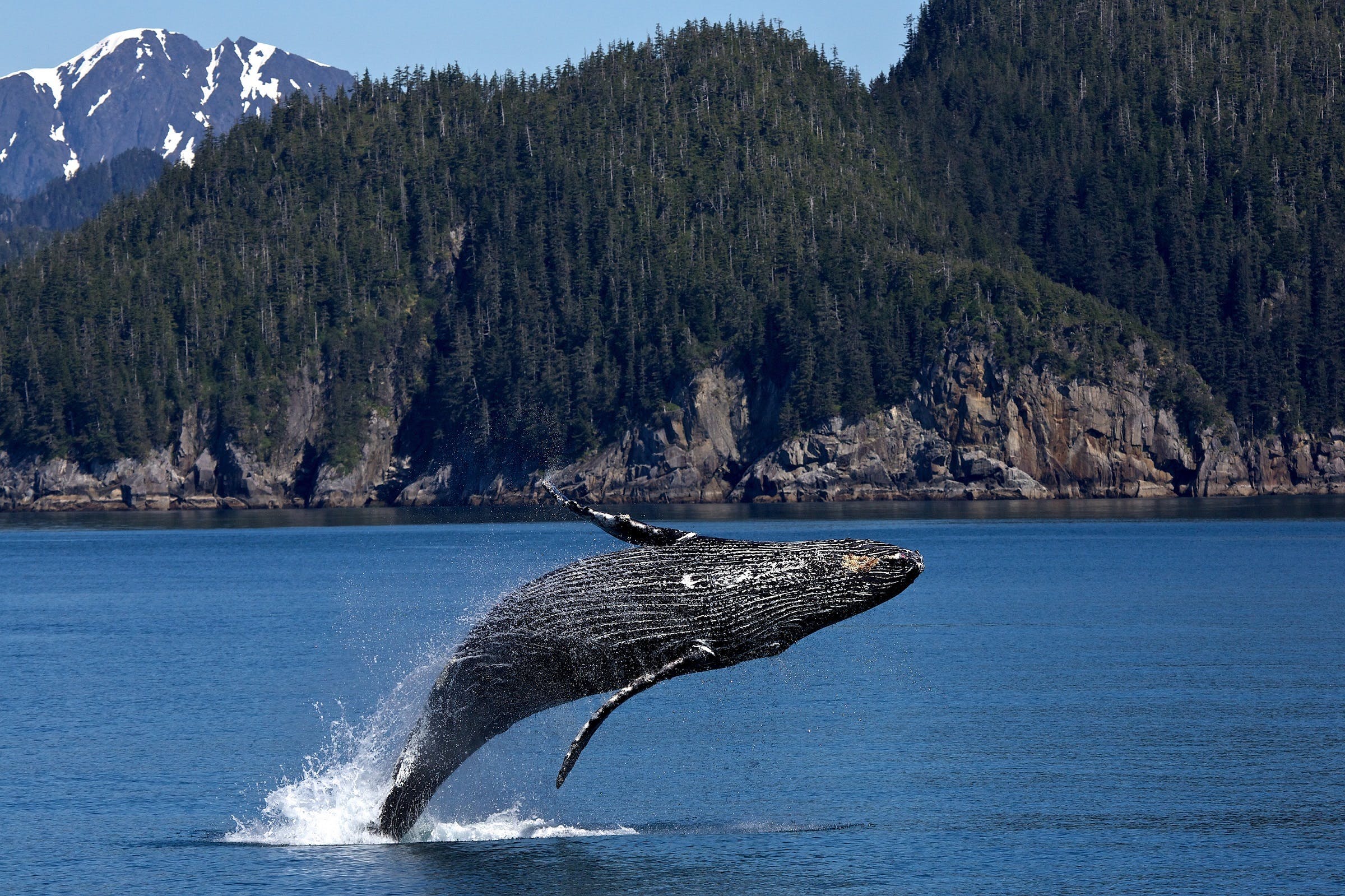AI has proven a potent weapon for conservationists, with projects demonstrating its ability to monitor rare species, pollution, deforestation, and habitat loss.
Now, this has extended to tracking whales and the practice and pastime of whale watching.
Ted Cheeseman, a whale conservationist, explained the challenges of capturing images of these elusive seafaring giants, stating, “You see 2% of the whale for 2% of the time.”
Cheeseman’s company, HappyWhale, leverages AI to enhance the whale-watching experience for tourists and conservationists alike.
Their software allows users to upload photos of whales for identification, drawing on a database of over 70,000 whales.

What sets this AI apart is its ability to recognize a whale even when the tail is not perfectly visible, whether rotated, curved, or diving.
This technology uses image recognition, a branch of machine learning concerned with analyzing visual data such as videos and images. The model uses AI to pinpoint unique markings and shapes on each whale’s tail.
Some of HappyWhale’s leading contributors are conservation organizations, such as the Pacific Whale Foundation. The platform also tracks the location of whales, plotting their distribution and enabling researchers to view whether whales turn up in unusual or anomalous locations.

This approach is part of a broader trend where conservation groups use AI to empower the public in wildlife identification, in return gathering vast amounts of crowdsourced data. Data is crucial in tracking and understanding animal movements and populations globally.
In a similar vein, the Merlin Bird ID app, developed by The Cornell Lab of Ornithology, uses AI to assist users in identifying bird species by sight or sound.
The app compares user-provided images or sound recordings against a comprehensive database, turning audio into spectrograms for matching.
Lastly, the iNaturalist app, which started as a social network, now employs AI for species identification. Like HappyWhale, the AI continually learns from user-submitted photos, distinguishing species by identifying unique visual patterns.
AI’s environmental impact is highly contentious, but as is characteristic of the technology, this is balanced with its benefits, particularly when employed by those with the best intentions.





